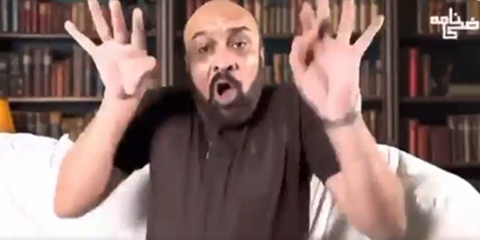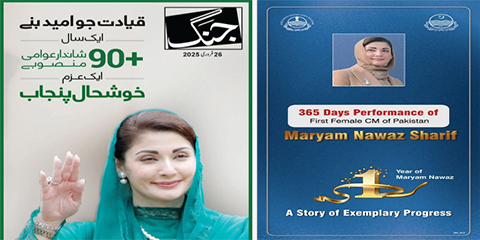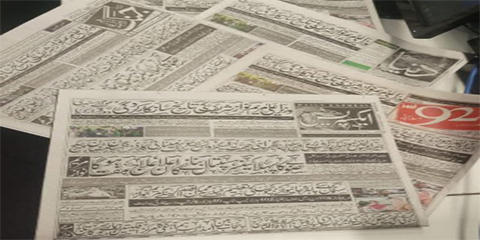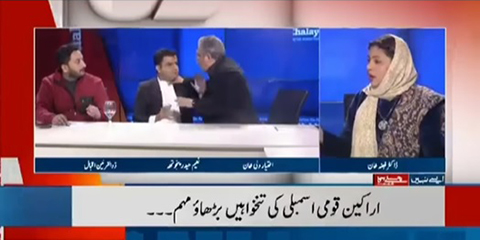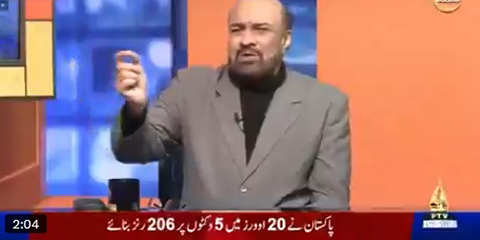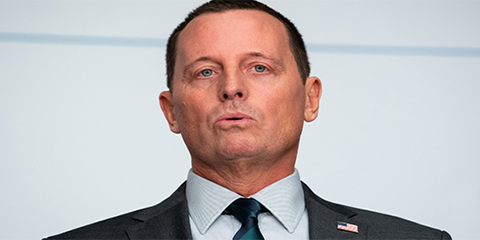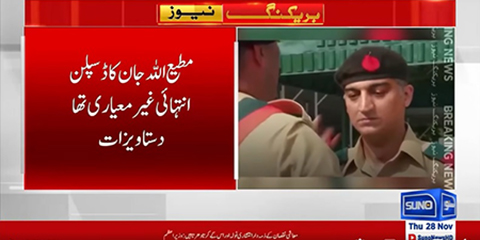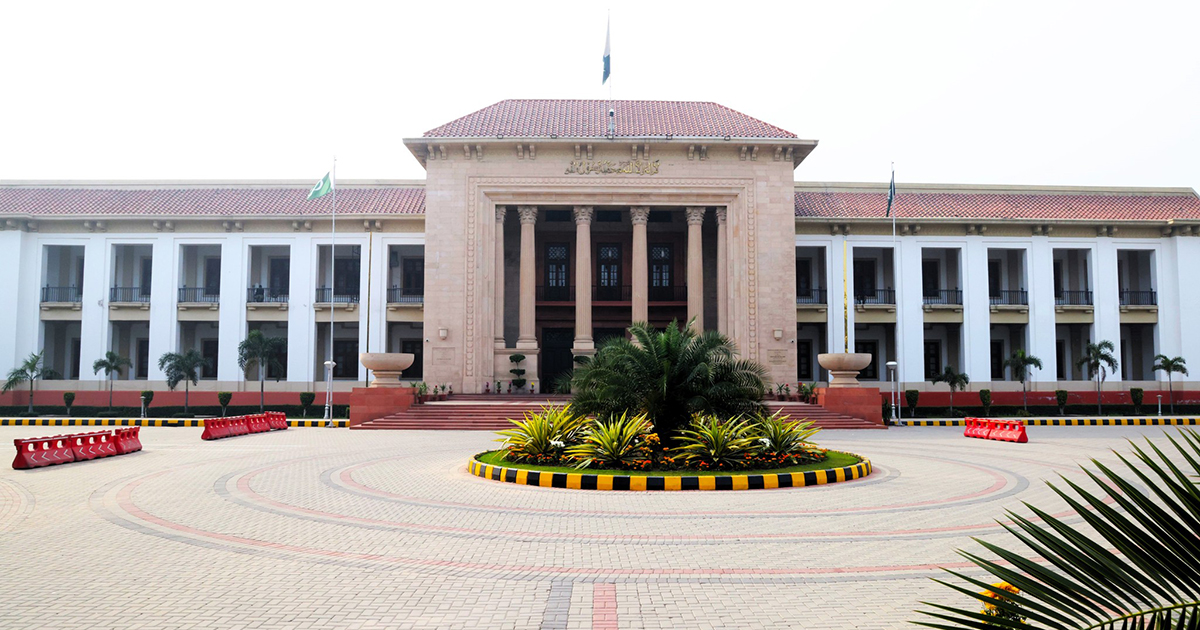No news is good news?
JournalismPakistan.com | Published 11 years ago | Daud Malik
Join our WhatsApp channel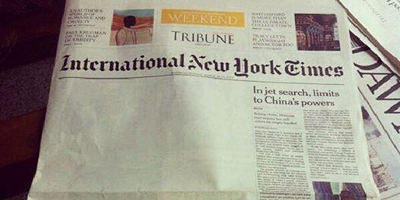
ISLAMABAD: For many in Pakistan, the huge “white space” on the front page of the International New York Times’ Asian edition on Saturday brought back memories of days when this ploy was frequently used by the military regimes.
Almost quarter of the front page of INYT Asian edition accompanying The Express Tribune has white space for Pakistani readers, not publishing a picture of two young men in Quetta, claiming they are Taliban and Carlotta Gall’s story – What Pakistan knew about Bin Laden.
The story widely quoted in Pakistani press has already been denied by ISPR.
Along with “advices” from the military regimes, the history of Pakistani journalism is replete with instances of white space. In other words, publishing nothing to replace a news item rejected by official “press advisers”.
The white space to hide the OBL story already widely quoted, read and denied however, did not go unnoticed. Rob Crilly, Pakistan and Afghanistan correspondent of The Telegraph, tweeted: “International New York Times redesign is excellent. More white space makes it easier on the eye than usual dense text.”
Anchor Taha Siddique asks Zarrar Khuhro if this was “Mrkting censorship or actual censorship?” And some tweeters saw it as “no news is good news”.



